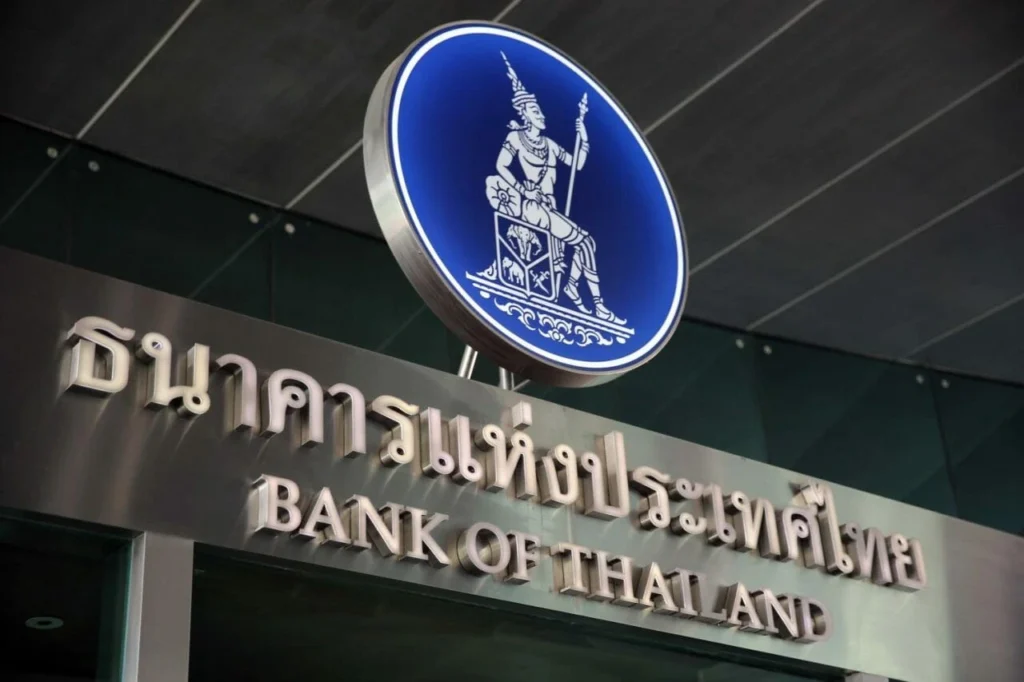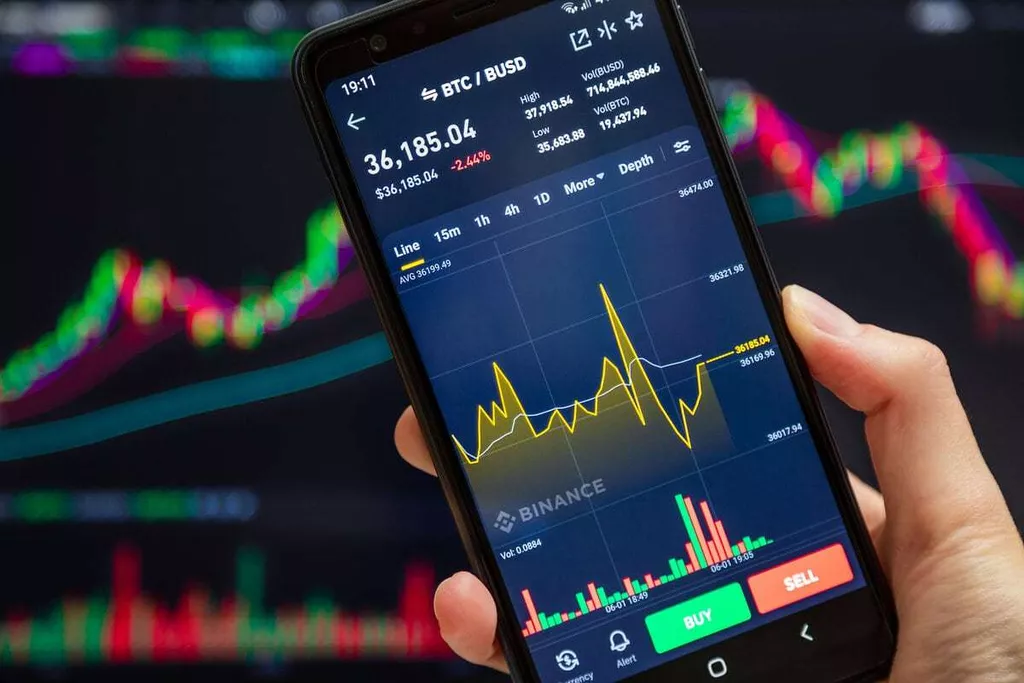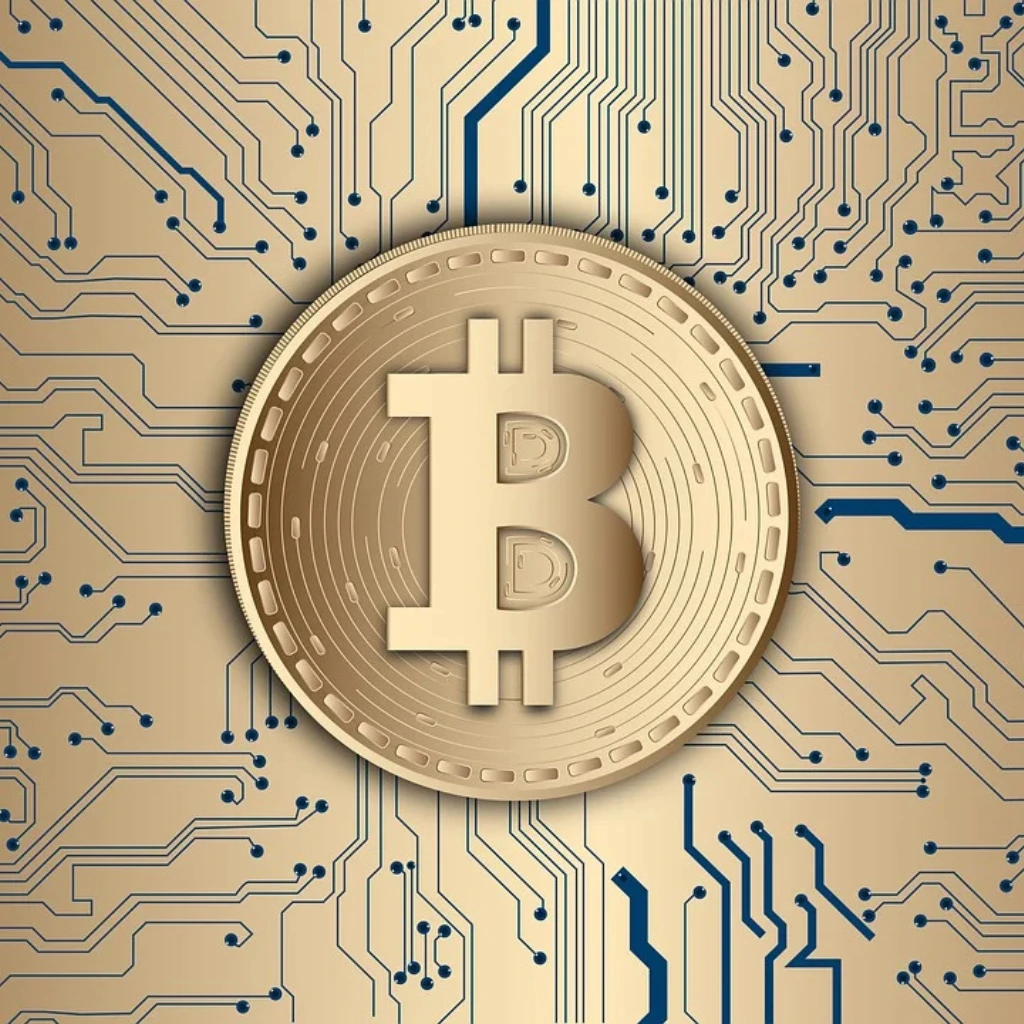Is Forex Even Legal in Thailand? Let’s Talk Crypto Trends in 2025
If you’ve been scrolling through finance TikTok or heard your coworker brag about their “side hustle in the markets,” you’re not alone. The buzz around crypto trends in Thailand 2025 is getting louder—and it’s starting to pull forex trading back into the spotlight. But there’s one question people keep whispering like it’s taboo: Is forex even legal in Thailand?
Well… yes. But also, kinda not. Let’s break it down.
Crypto Trends in Thailand 2025 : The Short (But Honest) Answer on Forex Legality
Here’s the deal: in Thailand, forex trading isn’t outright illegal—but it’s heavily regulated. That means not everyone can just download an app, tap “Buy” on EUR/USD, and call it a day.
The Bank of Thailand (BoT) and the Securities and Exchange Commission (SEC) are the big dogs here. As of now, only licensed financial institutions (like authorized banks and brokers) can trade forex legally. If you’re doing it through an overseas broker? That’s the gray area. Some do it. Many regret it.
There’s also a strong national push to keep capital within Thai borders—especially with the baht being watched closely post-pandemic. The rules are strict for a reason… but they also frustrate a lot of new traders.

Credit from : Business Today
Why People Still Trade Forex Anyway
So, if it’s regulated (read: kinda hard to do legally as a retail investor), why is everyone and their cousin still trading forex?
Blame YouTube. Or Telegram. Or maybe just FOMO.
There are plenty of offshore brokers that accept Thai clients. They flash big numbers, bonus offers, and quick withdrawals. But let’s be honest—some of them vanish just as quickly.
Sure, there are people who make money. But for every winner, there are five more stuck in withdrawal limbo or burned by shady leverage rules. Plus, if something goes wrong with an unlicensed broker? Good luck getting your money back.


Crypto Trends in Thailand 2025: A Game Changer?
Here’s where it gets interesting. As crypto trends in Thailand 2025 continue to skyrocket, the Thai government has shifted its gaze—just a little. With more focus on blockchain regulation and centralized exchange licenses (hello, Bitkub and Zipmex), crypto trading has found a somewhat safer space to breathe.
Some believe this crypto-friendlier environment could pave the way for broader trading rights—including forex. After all, both markets attract similar audiences: digital-first, risk-tolerant, often under 35. And when governments realize the tax revenue potential? Things can move fast.
That said, don’t expect the BoT to roll out the red carpet for forex traders overnight. It’s still a cautious scene—but crypto’s growing legitimacy might open a few more regulatory doors in the coming years.
Forex vs. Crypto in Thailand: What Should You Choose?
Quick breakdown:
- Forex
– Huge liquidity
– Predictable (sometimes)
– Heavily regulated in Thailand
– Risk of using shady brokers - Crypto
– Decent local platforms
– Trendy and volatile (if that’s your thing)
– Still risky, still taxed
– Wild west vibes—just with Thai subtitles
If you’re new, some suggest starting with crypto on a Thai-licensed exchange, just to stay on the safe side. Test the waters. Learn the ropes. Avoid anything that looks like it was designed in 2012 and promises “100% guaranteed profits.”


Final Thoughts: So… Is Forex Trading Worth It in 2025?
Honestly? Maybe. Crypto trends in Thailand 2025 have made everyone curious about alternative investing—and forex is still one of the world’s biggest financial playgrounds. But legality-wise, it’s not a free-for-all.
If you’re serious, talk to a licensed financial advisor. Or at least do deep due diligence before funding a broker you found on Discord at 2am.
Crypto’s more accessible now. Forex might follow—eventually. Until then, tread carefully. The opportunities are real, but so are the risks.




